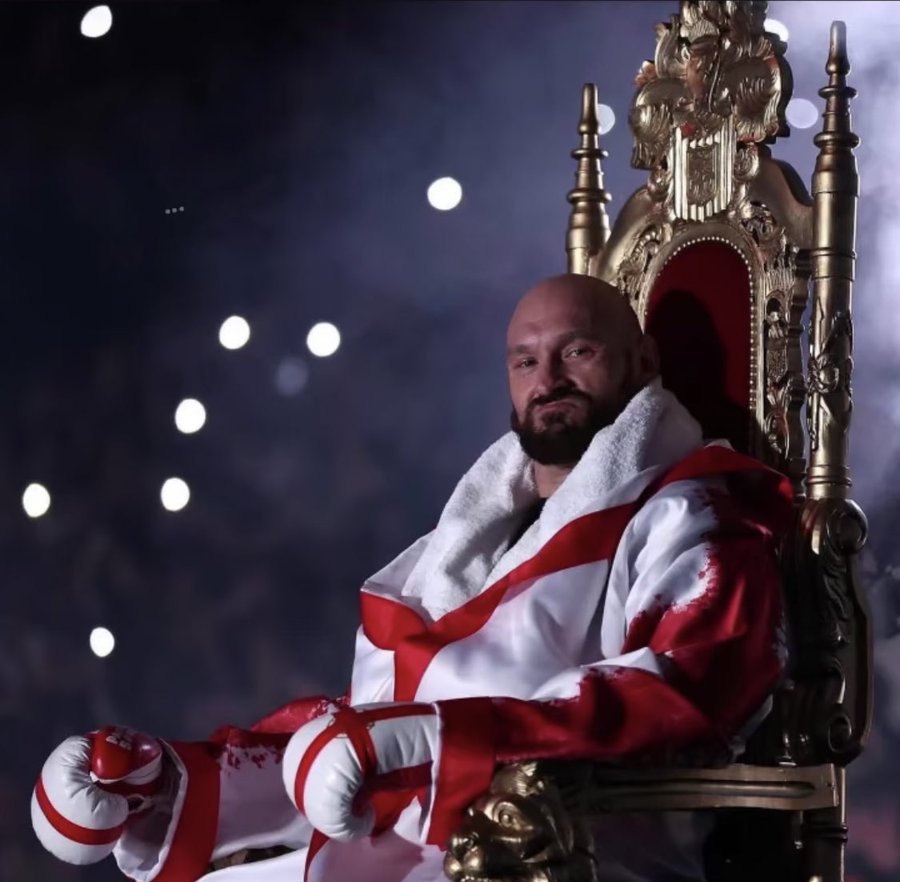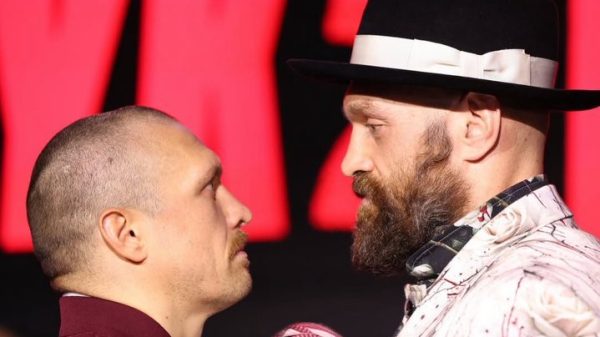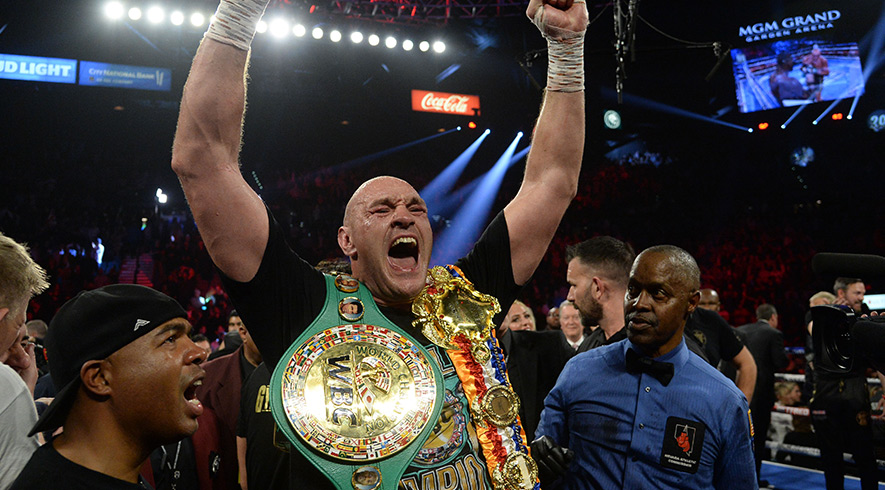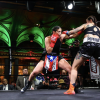By Tyson Bruce
No one would question that Mayweather deserved to win his second bout with Marcos Maidana. In fact, the combined thirteen rounds that the judges awarded Maidana seemed rather generous. Yet, something about the second fight felt more difficult than the first. Mayweather’s balance seemed slightly off and he was frequently off-target with counterpunches—even though Maidana is essentially a fighter with little to no defines The post-fight interview was devoid of any “I want to thank Al Haymon’s” and no chants of “hard work, dedication”could be heard. Instead, Mayweather denounced his performance and appeared exasperated with the whole scene at the MGM.
It was, perhaps, the first definitive proof that Mayweather may finally be starting to slip. A huge aspect of the why the second fight was easier for Mayweather was because of the generous officiating from Kenny Bayless. Mayweather blatantly broke the action several times a round by holding Maidana, which was never met with a warning or a point deduction, but instead the fighters were merely separated by Bayless. Maidana was the only fighter to lose a point and he was deducted on his first warning for giving Mayweather a forearm to the face. Even when both fighters appeared to have a free hand Bayless chose to separate them. Fighting on the inside and working the body was paramount to Maidana’s strategy and his only chance to nullify his speed disadvantage. It was essentially hopeless for him.
And what about the bite?
While the Showtime crew and other members of the media were senselessly trying to uncover the true nature of the “bite” incident they really only needed logic to understand what really happened. Mayweather claimed that Maidana bit three of his fingers during a clinch, which caused the majority of his left hand to go numb. There is simply no way that a fighter could cause that kind of damage in the split second Maidana’s head was down there through a glove and with a mouth piece on. Mayweather’s claim was preposterous. Instead of people accusing Maidana of fouling they should have been accusing Mayweather of being full of shit. My guess is that he was looking for a way out (at worst) or simply trying to get a break and point deduction (at best). In other words, just another exhibition of power on the part of Mayweather in a night that already felt strangely manufactured.
The night took a dark tone well before the first bell sounded when Mayweather made an utterly distasteful comment when he denounced the NFL’s decision to suspend Ray Rice for cold-cocking his wife in an elevator. For the first time the mainstream media became flooded with stories of Mayweather’s long and ugly history of domestic violence. Female reporters from within the sports industry were practically begging the public not to buy the fight. Mayweather frequently walks the line between charismatic sports outlaw and out-right degenerate. After the promotion of this fight it’s almost impossible to defend the man as a human being.
It was bad enough for boxing fans that they were getting gouged 70 dollars for a rematch that basically no one outside of Argentina wanted and with an undercard that had no rival in terms of its putrid matchmaking. The main event, as with most Mayweather fights, was utterly devoid of drama. This time, however, there was no Justin Beiber or Lil Wayne to spice things up—just a terrible PPV card that made everyone feel a little worse and dirty about being a boxing fan. The most intriguing part of the evening was that Jim Grey actually confronted Mayweather about a Pacquiao fight and was greeted with a halfway positive response from Mayweather. Thats pretty weak stuff and the fight remains oceans away from ever happening.
After the fight I was left thinking about another great fighter that was present at ringside during the bout and has been a fixture in boxing’s ugly cold war for the last several years. That man is, of course, Oscar De La Hoya, boxing’s money machine before Mayweather. While many people consider Oscar the polar opposite of Mayweather—nice, humble and non-threatening—he’s had his fair share of out of the ring issues. Oscar is a well-documented womanizer, a recovering narcotics/alcohol abuser and has been accused in the past of violence against women. So why does he get a pass and Mayweather doesn’t?
The answer can be explained in one word: repentance. Oscar is always trying to get back on the wagon and is never afraid to say he’s sorry. America loves a redemption story. Its a lot more forgivable to say sorry than to continue to deny a history of violence against women that dates back over a decade and includes more than six arrests. However, it’s not just public relations that separate Oscar and Floyd it’s also what they were willing to do in the ring. While no one would question that Mayweather had a longer and more decorated professional career than Oscar, you could very easily argue that Oscar has done more for the sport.
De La Hoya was fed the same slightly past their prime, former titleholders that most star young fighter’s are fed to bulk up their record. However, after fighting Felix Trinidad at just twenty-six years of age, in what at the time was the biggest non-heavyweight fight since Leonard-Hearns, Oscar fought the very best that boxing could offer. He fought a prime Shane Mosley (twice), Fernando Vargas, Pernell Whitaker, Ike Quartey, and Manny Pacquiao. Oscar even took a challenge that no one on earth expected him to do when he went all the way up to middleweight to take on one of the most feared and accomplished middleweight champions in history in Bernard Hopkins. Oscar lost decisively but gained the respect of millions for daring to be great and giving the fans what they wanted. Would Mayweather, who like Oscar began his career at 130, ever move up to middleweight to fight Gennady Golovkin, who isn’t half the fighter Hopkins is? No way.
Much of how Mayweather will be remembered depends on what he does with the remaining fights in his career. If Mayweather finally works up the gumption to fight Pacquiao and goes on to win the fight it would do a lot to erase the many other beefs hardcore fans and critics have with his resume. While the only fighter Oscar can really be accused of ducking is Winky Wright, Mayweather’s entire run above 135 can be viewed as manufactured. Mayweather, in my mind, is probably the dominant fighter in the history of the 130-pound division and even with hand problems he managed to beat the best fighters that the lightweight division had to offer. His campaign at welterweight, however, is a different story.
Mayweather won a 140-pound title not by fighting the lineal champ in Kostya Tyszu but rather by fighting a paper-champion in Arturo Gatti in a fight that was worth bundles more money at far less risk. Mayweather fought Carlos Baldomir, Zab Judah and Sharmba Mitchell at welterweight at a time when a prime Miguel Cotto, Paul Williams and Antonio Margarito were in the division. He was even offered 13 million (by far his biggest purse at the time) to fight Margarito during this period, debunking the claim that there was no money in fighting any of those guys. He turned it down. Mayweather gets a pass for fighting the overrated Ricky Hatton because the public demand and money for that matchup was outrageous. Combine this with the fact that Mayweather tried to convince the public that Robert Guerrero was a more worthy challenger than Pacquiao and it becomes hard to not get acrimonious about Mayweather’s career—even with all of his undisputed talent and many worthy accomplishments.
If Floyd Mayweather Jr. were to never fight Manny Pacquiao he will still go down as an all time great—a fact he is very conscious of. However, his legacy will be forever tainted because he prevented the biggest fight of our time from being made. Just imagine if Sugar Ray Leonard never fought Tommy Hearns? Time will tell whether he ever makes right on his personal mishaps—maybe he will eventually go the redemptive rout of Mike Tyson and maybe he won’t. In the mean time the image of boxing will suffer as long as he remains the face of the sport, especially considering the lack of any kind of official condemnation of his outrageous and offensive behavior.









